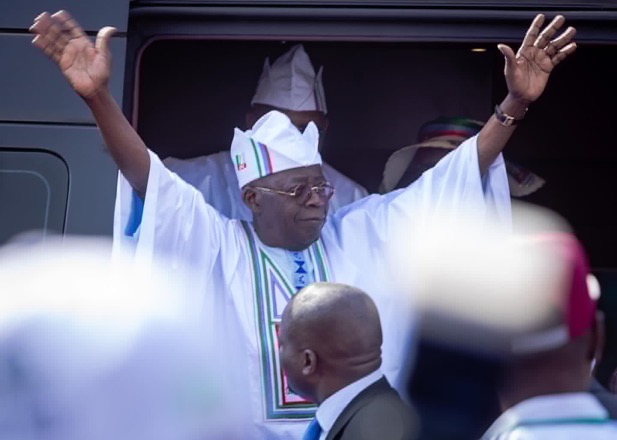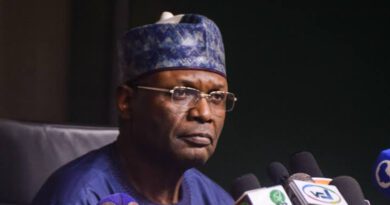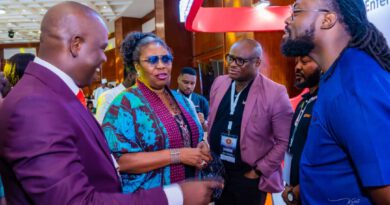Why Tinubu Made Time’s List of Most Influential People
Time, America’s influential magazine, on Thursday, 13 April, 2023, listed Asiwaju Bola Tinubu, Nigeria’s President-elect, among its 100 most influential people.
President of the United States, Joe Biden, King Charles III and Ghanaian-born, Nigerian-based sculptor, El Anatsui, Argentine footballer, Lionel Messi, Twitter Chief Executive, Elon Musk and Nigerian professor of epidemiology, Dr Dimie Ogoina, among others, were also named.
The criterion that Time uses to compile its’s annual list of the 100 most influential people in the world is that it accords recognition to people “for changing the world, regardless of the consequences of their actions”.
The Independent National Electoral Commission (INEC) declared Tinubu of the All Progressives Congress (APC) the winner of the 2023 presidential election on February 25. He scored 8,794,726 votes to defeat his challengers.
Time wrote that for Tinubu, winning an election in Africa’s most populous country is no easy feat. The magazine added that the President-elect has had nearly two decades to prepare.
“Called Jagaban, or ‘leader of the warriors’ by his supporters, the now 71-year-old ran in a presidential election for the first time this March. His campaign slogan, ‘It’s my turn,’ was a nod to his role as a long-time political
Below is what Time wrote on Tinubu:
By Astha Rajvanshi
Winning an election in Africa’s most populous country is no easy feat. But Nigeria’s newly elected President Bola Ahmed Tinubu has had nearly two decades to prepare. Called Jagaban, or “leader of the warriors,” by his supporters, the now 71-year-old ran in a presidential election for the first time this March. His campaign slogan, “It’s my turn,” was a nod to his role as a longtime political power broker. Tinubu helped restore the country’s democracy in 1999 after fighting military rule and then served two consecutive terms as governor of Lagos.
But Tinubu’s win with the ruling All Progressives Congress Party came in a fraught election and by a slim margin over Atiku Abubakar and Peter Obi. It was the first time Nigerian voters contended with a third-party candidate, and many discontented young Nigerians yearning for change pinned their hopes on Obi. Marred by allegations of intimidation and vote rigging, the outcome of the ballot is being challenged in court.
Tinubu now faces a litany of crises in a fractured nation, including deep-rooted corruption, religious insurgencies, and shortages of cash, fuel, and power in a crumbling economy. But the President-elect seems aware of his inheritance: “[Nigeria] is one country and we must build it together,” he said in his acceptance speech.
Rajvanshi is a TIME staff writer.




